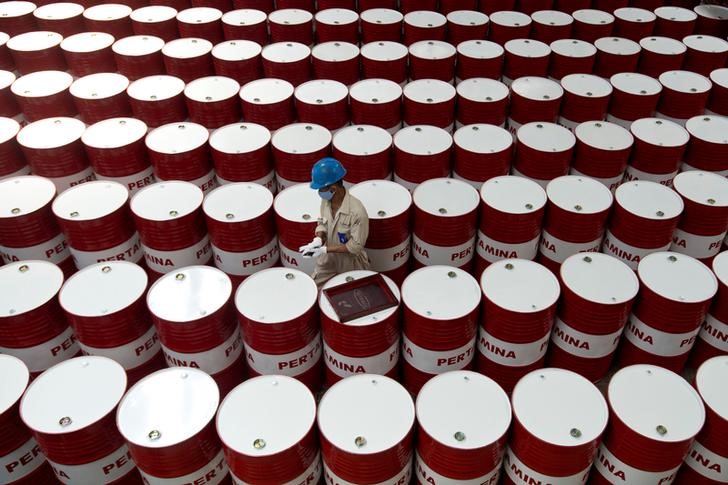The escalating Israel-Hamas conflict and Russia’s ongoing war in Ukraine may trigger a “dual energy shock” in the global economy, according to a recent report by the World Bank. The conflicts have already resulted in a 6% increase in oil prices and disruptive effects on commodity markets. This situation has been characterized by the World Bank’s Chief Economist, Indermit Gill, as the most significant shock since the 1970s.
The World Bank’s Commodity Markets Outlook report outlines three potential scenarios for global oil supply disruptions based on past conflicts such as the Arab-Israeli war, Libya’s civil war, and the Iraq war. In a ‘small disruption’ scenario, oil prices could decrease to an average of $81 per barrel next year. A ‘medium disruption,’ comparable to the Iraq war, could reduce global oil supply by 3-5 million barrels per day and inflate prices by 35%.
The most severe scenario, a ‘large disruption’ akin to the Arab oil embargo of 1973, could cut supply by 6-8 million barrels per day and spike prices between $140-$157 per barrel. This would exceed the previous high of $147.5 per barrel from July 2008. Policymakers are urged to remain vigilant in response to these potential risks.
Despite these alarming scenarios, the World Bank estimates an average of $90 per barrel this quarter, with prices expected to drop to $81 per barrel in 2024 due to a global economic slowdown. The impact on commodity markets should be limited unless the conflict broadens.
While Israel and Palestinian territories are not major oil producers themselves, their location within a key oil-producing region could potentially lead to a dual energy shock if the conflict continues to escalate. This comes on top of Russia’s war with Ukraine, which has already been a major shock to commodity markets since the 1970s.
This article was generated with the support of AI and reviewed by an editor. For more information see our T&C.
Read the full article here












